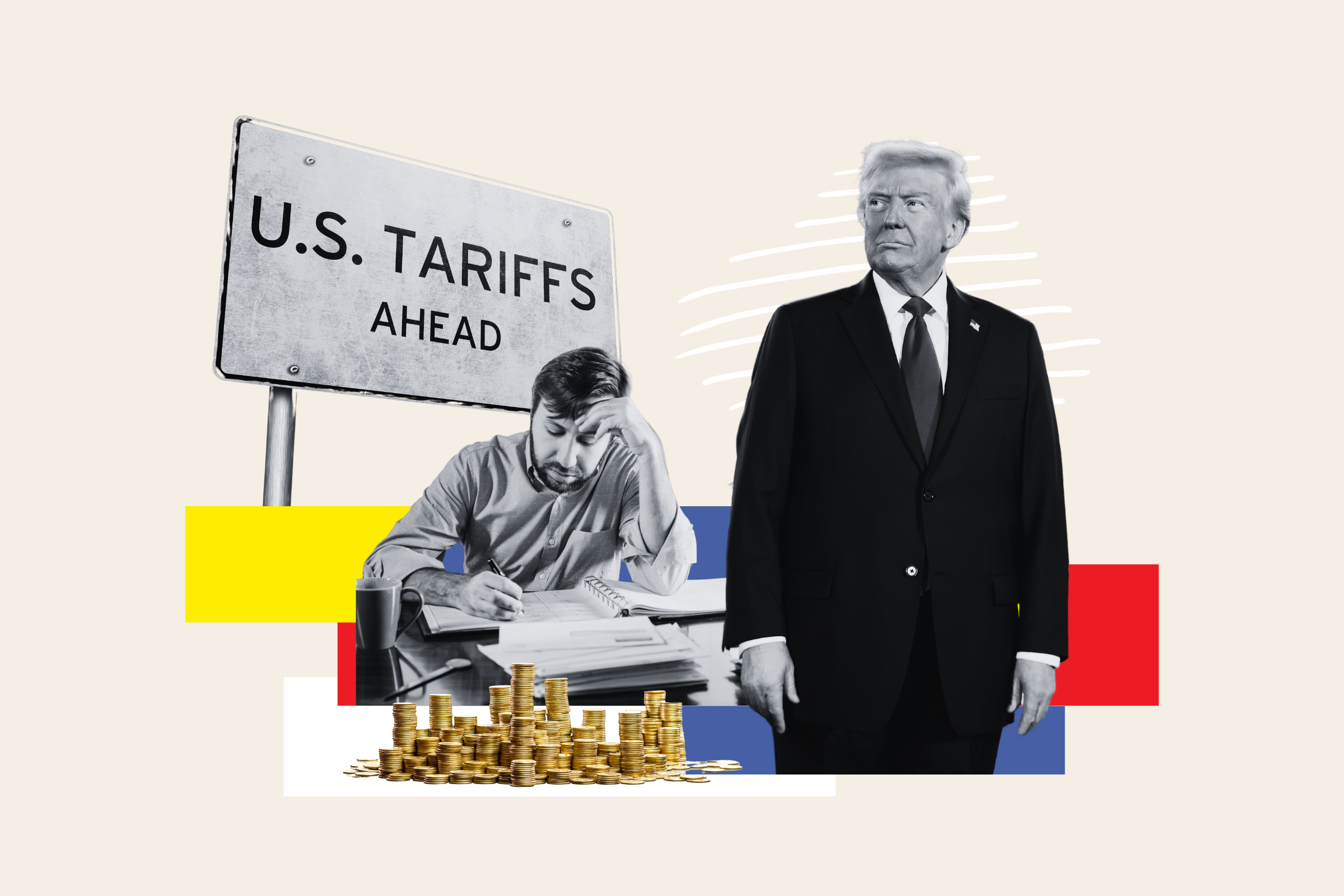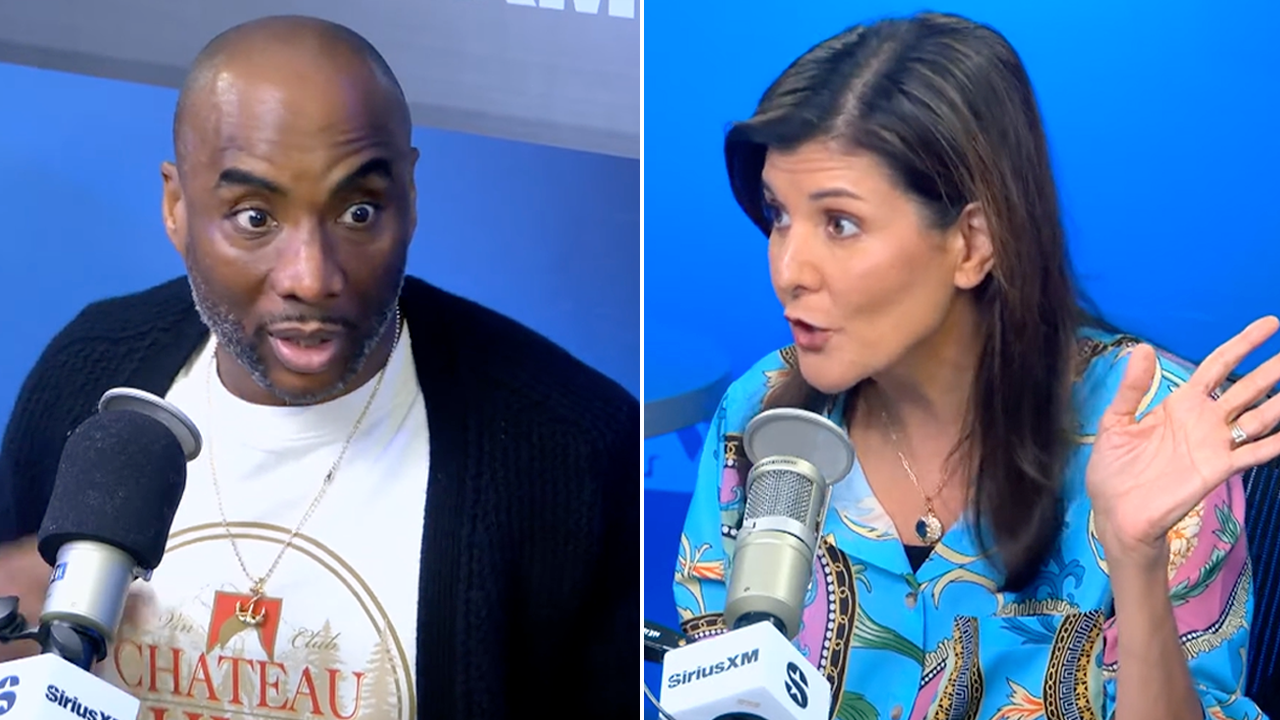Judges in the UK will hear WikiLeaks founder’s argument against being extradited to face trial in a US court.
WikiLeaks founder Julian Assange has been given permission to have a full appeal over his extradition to the United States after arguing at London’s High Court that he might not be able to rely on his right to free speech at a US trial.
Two judges at the High Court said they have given him leave to have a full appeal to hear his argument that he might be discriminated against on the basis the Australian-born Assange is a foreign national.
Hundreds of protesters had gathered outside the court on Monday ahead of what was a key ruling after 13 years of legal battles, with two judges asked to declare whether they were satisfied by US assurances that Assange, 52, could rely on the US First Amendment right to free speech if he is tried for spying in the US.
Assange’s wife Stella said outside court that the ruling “marks a turning point” and that “we are relieved as a family that the court took the right decision.
“Everyone can see what should be done here. Julian must be freed,” she said.
The decision was met outside court by an eruption of cheering and singing. Assange’s legal team has said if he lost he could be on a plane across the Atlantic within 24 hours.
His lawyer Edward Fitzgerald had told the judges they should not accept the assurance given by US prosecutors that Assange could seek to rely upon the rights and protections given under the First Amendment, as a US court would not be bound by this.
“We say this is a blatantly inadequate assurance,” he told the court.
Fitzgerald had accepted a separate assurance that Assange would not face the death penalty, saying the US had provided an “unambiguous promise not to charge any capital offence”.
Human rights monitor Amnesty International called the ruling “a rare piece of positive news for Julian Assange and all defenders of press freedom”.
“The USA’s ongoing attempt to prosecute Assange puts media freedom at risk worldwide. It ridicules the USA’s obligations under international law, and their stated commitment to freedom of expression,” said Simon Crowther, legal adviser at Amnesty. “It is vital that journalists and whistleblowers are able to participate in critical reporting in the public interest without fear of persecution.”
The US has said its First Amendment assurance was sufficient. James Lewis, representing the US authorities, said it made clear that Assange would not be discriminated against because of his nationality in any US trial or hearing.
US President Joe Biden has faced domestic and international pressure to drop the case, which was filed under his predecessor Donald Trump.
Biden indicated recently that the US was considering an Australian request to drop the charges.




















Discussion about this post